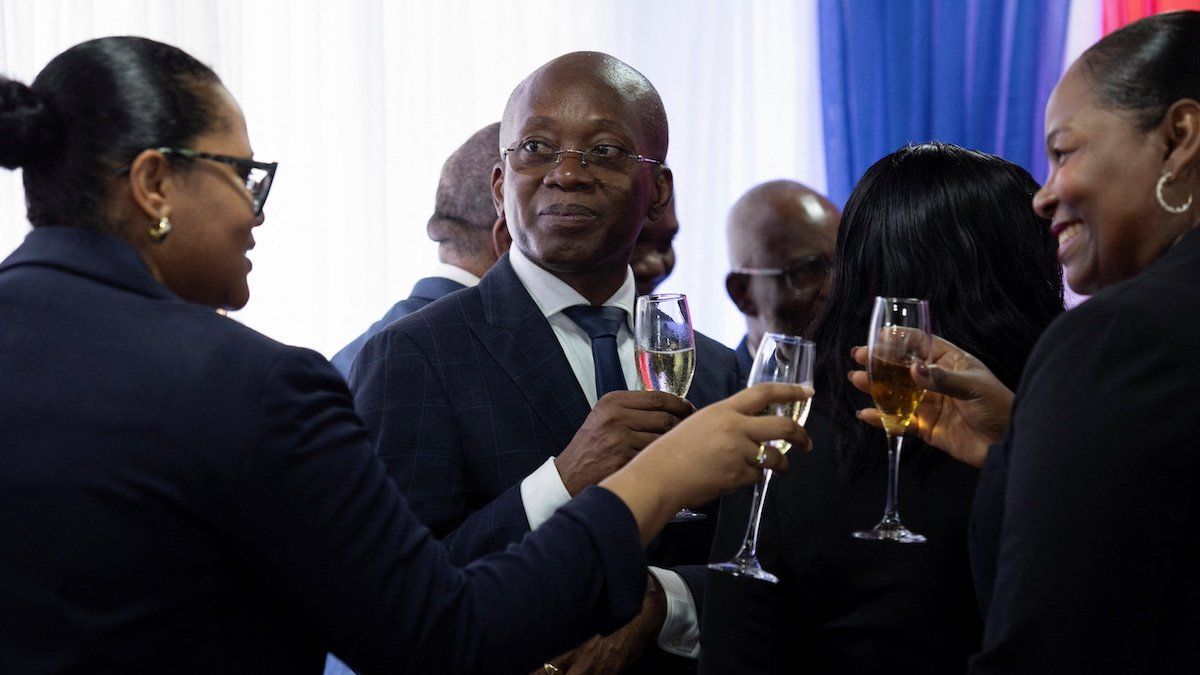Haiti’s Prime Minister Ariel Henry formally resigned on Thursday to be replaced by Finance Minister Michel Patrick Boisvert, who will work with a newly sworn in transitional council. Haiti, the poorest country in the Western Hemisphere, has been ravaged by gang violence and effectively without a prime minister since March 12.
Get up to speed: Henry agreed to step down last month after gangs blocked his reentry to the country from Kenya, where he was trying to secure a multinational security force to assist him in restoring law and order to the country.
Many of the gangs are led by a man named Jimmy Chérizier, aka Barbecue. They have taken advantage of the power vacuum left by Henry’s absence and are now in control of about 80% of the capital, Port-au-Prince, and large swaths of the country. Barbecue said last month he would consider laying down weapons if armed groups were allowed to take part in talks to establish the new government.
Boisvert and the
nine-member council, of which seven have voting powers, have a steep climb to tackle the gang violence. The council will appoint a provisional electoral commission, a requirement before elections can take place, and establish a national security council.
